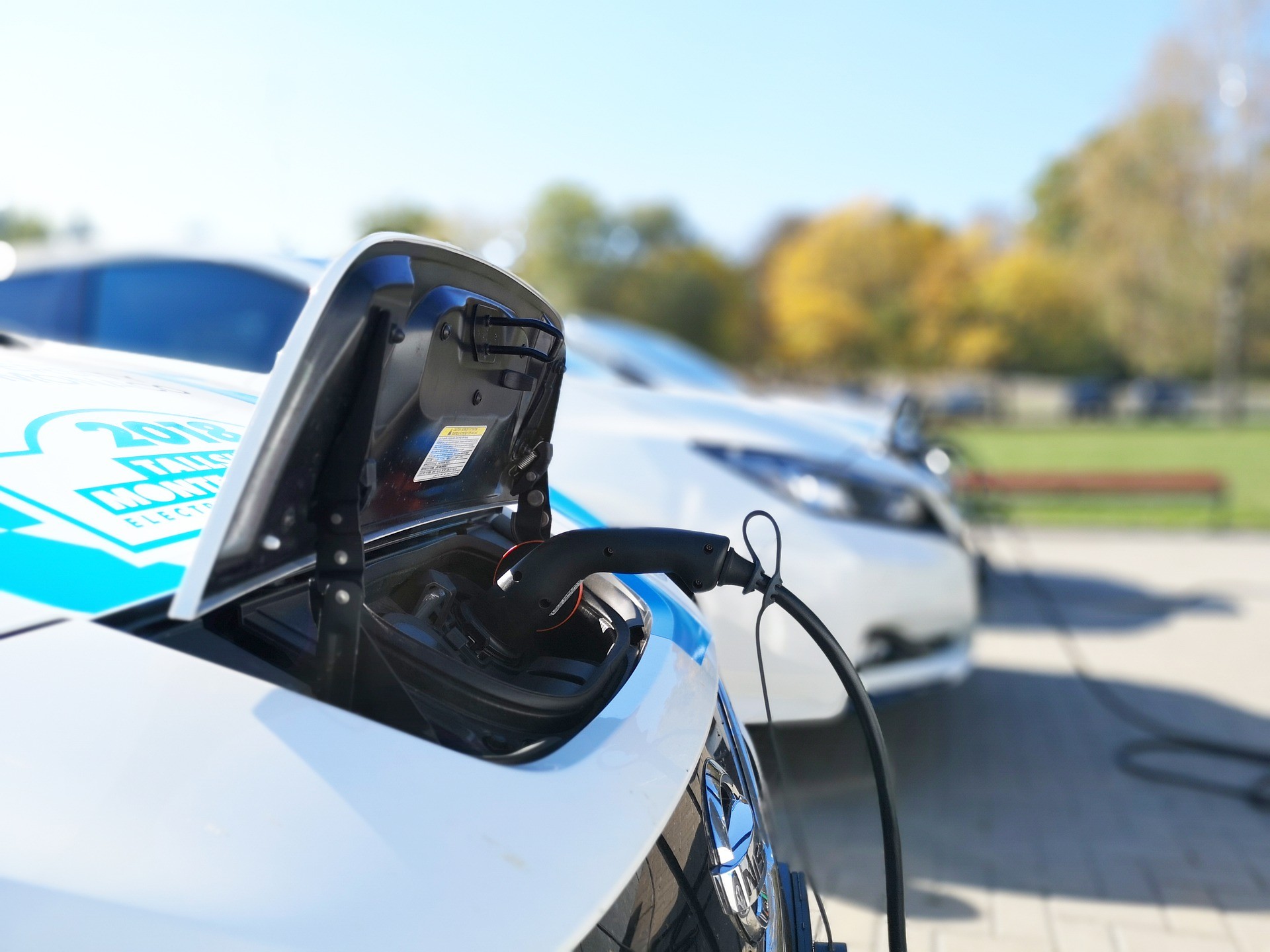The mobility sector plays a key role in the transition to sustainable development, which is the goal of the European Green Plan. As opposed to other sectors, it seems that mobility lags behind in the process of decarbonization: it is the only sector that has increased emissions that impact climate change since 1990. Therefore the emissions of greenhouse gases linked to mobility should decrease by 90% to the year 2050 in order to uphold the EU goal of becoming the first climate-neutral continent which is, undoubtedly, a very ambitious goal. At the same time, decarbonization of the mobility sector requires a deep transformation geared at opening new competitive scenarios and business opportunities. Precisely the current challenges of electro-mobility were at the center of the discussion on the webinar ‘Sustainable transport and e-Mobility as new concepts in the energy and transport sectors’ held on Thursday, 11 November.
Panel participants:
Željko Purgar, Business Counselling, Željko Purgar s.p.
Domagoj Puzak, Team for e-Mobility of the HEP Group
Tin Koren, Head of marketing, Circuit of EV Drivers Association
Igor Ban, E-Mobility Manager, TSG Croatia, Piraex Doc. dr. sc. Vedran Kirinčić,
Faculty of Technical Sciences Rijeka – Moderator: Tomislav Čop, EIHP – guest
The webinar focused on the need for redefining the incentive system for the purchase of vehicles and the issue of compensation for using the electric energy grid. Furthermore, the need for revising the National framework of the policy for establishing the infrastructure and development of alternative fuels in transport was pointed out in order to bring it in line with the current objectives in the field of transport at the EU level, In addition, the role of EU projects and funds in the process of developing mobility was also emphasized.
Active education of all participating stockholders is advocated, primarily in respect to perceiving the financial and environmental aspects of electric mobility, namely, strengthening of cooperation between the transportation and energy sectors. In addition, special emphasis was placed on the potential of strengthening and improving the Croatian tourist supply with the establishment of an integral ecosystem of electric mobility and other comparative developmental priorities of Croatian electric mobility.
Due to the exceptionally favorable specific emission factor of consumed electric power in Croatia, it was pointed out that the mass electrification of individual motor traffic has a much greater potential of lowering greenhouse gas emissions, greater energy efficiency and a greater share of using renewable energy sources by Croatian society on the whole, than other developed EU countries as well as globally.










